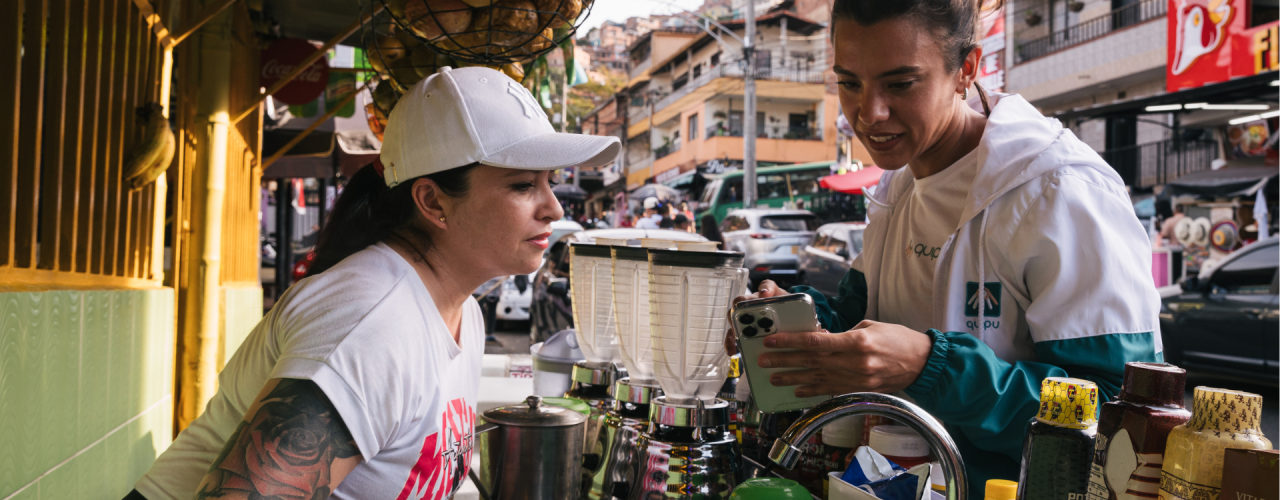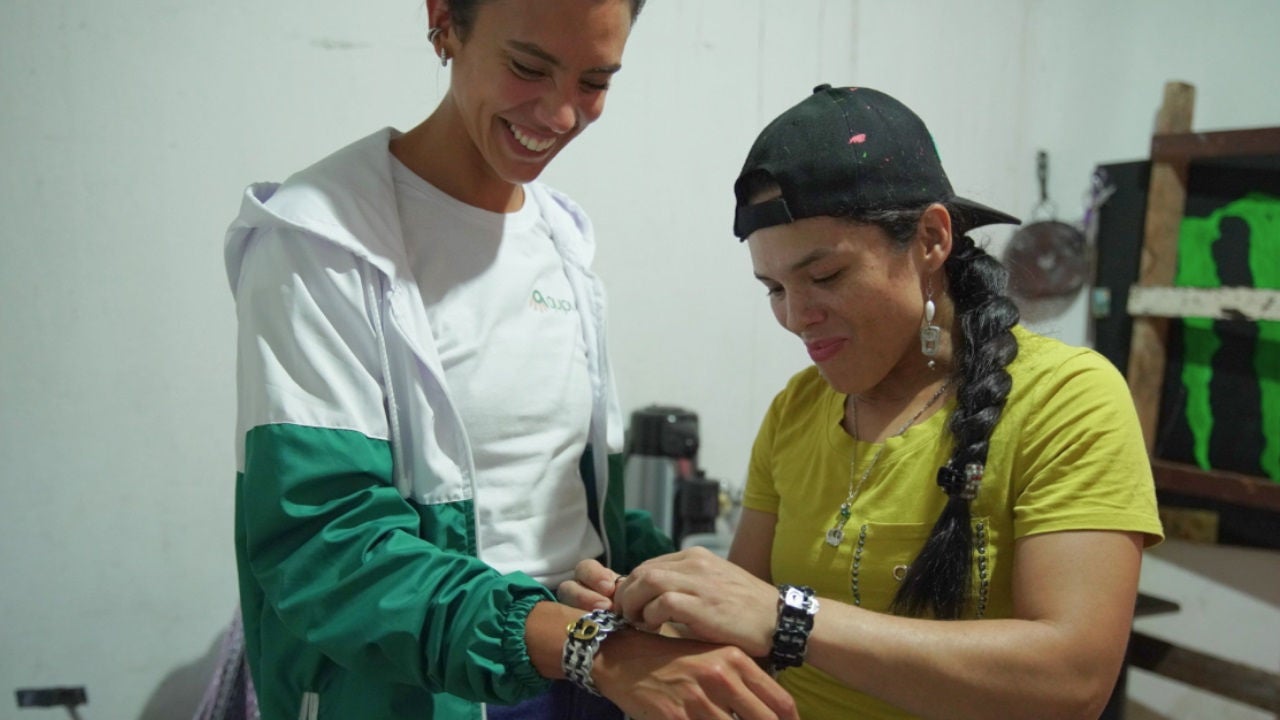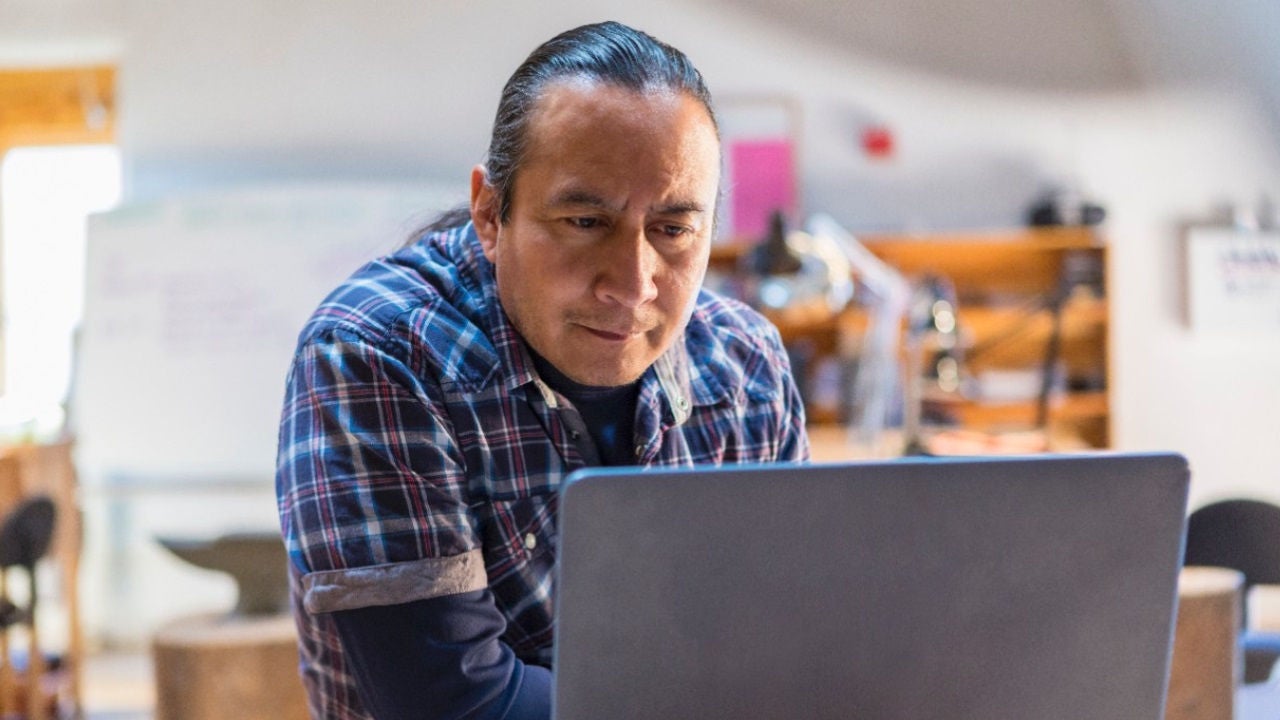When Rosa started sewing brightly colored handwoven totes and bucket bags at her home in Barranquilla, Colombia, she was a one-woman operation, enlisting her daughter to help promote her creations on Instagram and Facebook.
As her eponymous label caught on, she began looking for ways to hire staff to help keep pace with demand for her brand and eventually open a retail space in her Caribbean coastal city. That’s when she hit a roadblock: Despite the steady growth of her business, she struggled to get the financing she needed.
Like many Latin American workers, Rosa is part of what’s known as the informal economy. Though they comprise a third of Latin America’s economy, most operate without bank accounts, using cash or digital wallets. This can be fine for ordinary daily transactions, but not when it comes to applying for a formal bank loan. As in the U.S., Latin American banks require proof of a substantial financial and credit history. And without that information, entrepreneurs like Galván cannot reach their full potential — much less bridge the substantial wealth gap in Latin America.
“When you’re born poor,” explains Mercedes Bidart, “it’s hard to build credit.”
As co-founder and CEO of the financing platform Quipu, Bidart wants to change that. Quipu is named after the ancient system of knots the Incas used for record-keeping, but its superpower is state-of-the-art artificial intelligence. It uses AI to sort through nontraditional data, including a company’s social media, inventory and real-time financial transactions, to determine whether businesses like Galván’s is creditworthy, putting them on the path to securing funding.
AI holds immense potential to deepen impact and scale essential services. That’s why the Mastercard Center for Inclusive Growth and data.org launched the Artificial Intelligence to Accelerate Inclusion (AI2AI) Challenge last year, to help startups, social enterprises and nonprofits develop and scale AI solutions that advance inclusion and economic empowerment.
“AI holds extraordinary potential, but its true power is realized only when everyone can access and benefit from it,” says Uyi Stewart, the Center’s vice president for Inclusive Innovation and Analytics. “By breaking down digital and informational divides for underserved communities, we unlock a future where innovation is inclusive, economic growth is amplified, and opportunities are shared by all.”





